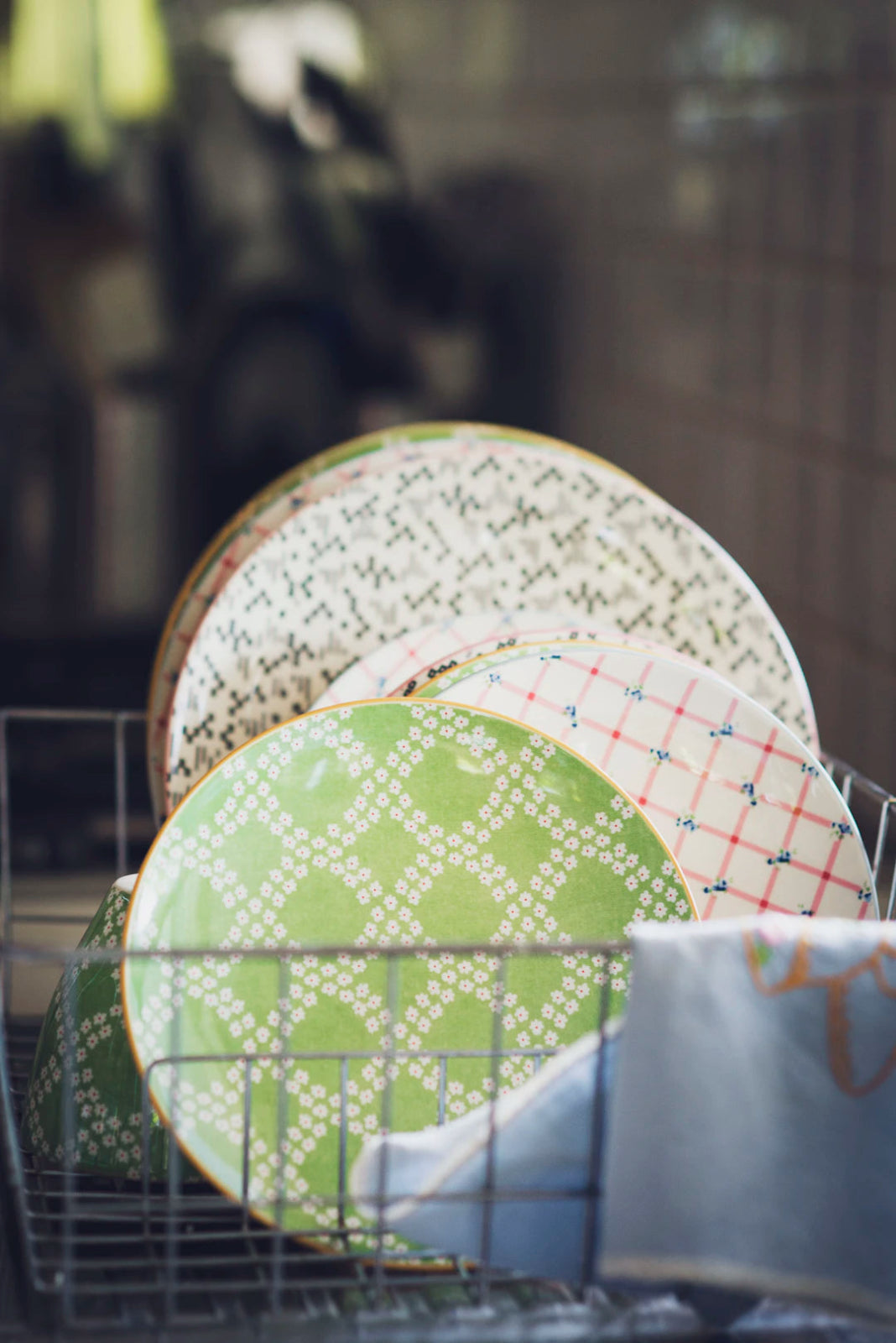Frequently Asked Questions
1. Why is it important to clean your refrigerator regularly?
2. How often should I clean my refrigerator?
3. What supplies do I need to clean my refrigerator?
4. How should I organize my refrigerator after cleaning?
5. What can I do to eliminate lingering odors in my refrigerator?
A clean refrigerator not only looks good but also keeps your food fresh, safe, and organized. Over time, spills, expired items, and unpleasant odors can accumulate, making regular cleaning a necessity. In this comprehensive guide, we'll walk you through the best way to clean out your refrigerator, ensuring it remains a beacon of freshness in your kitchen. Let’s dive into the step-by-step process for an effortless refrigerator makeover!
Why You Should Clean Your Refrigerator Regularly
Cleaning your refrigerator goes beyond just aesthetics. Here are some compelling reasons why regular cleaning is essential:
- Food Safety: Bacteria and mold can thrive in outdated and spilled food. Regular cleaning minimizes health risks associated with these organisms.
- Odor Control: Unpleasant smells can arise from stale food. By cleaning out your fridge, you can eliminate these odors, allowing your food to taste better.
- Energy Efficiency: Overstuffed and dirty fridges can work harder to maintain temperatures, leading to increased electricity bills.
- Improved Organization: A clean fridge makes it easier to see what you have, preventing food waste and making meal planning easier.
When to Clean Your Refrigerator
There’s no one-size-fits-all answer to how often you should clean your refrigerator, but here are some guidelines:
- Monthly Maintenance: Aim for a quick clean-up every month, including wiping shelves and discarding expired items.
- Seasonal Deep Clean: Every few months, consider doing a more thorough cleaning where you take everything out and scrub down the insides.
- After Any Spills: If you spill something, clean it up immediately to avoid further mess and odors.
Gather Your Cleaning Supplies
Before you begin tackling this daunting task, gather the necessary supplies to make the job efficient:
- A soft sponge or cloth for wiping down surfaces
- A mild detergent or natural cleaning solution
- Baking soda and water for deodorizing
- A spray bottle for easy application
- A bucket for soapy water
- Trash bags for disposal of expired items
- Rubber gloves to protect your hands from harsh cleaning agents
Step-by-Step Guide to Cleaning Your Refrigerator
1. Empty the Refrigerator
Start by taking everything out of the fridge. This includes all items on the shelves, drawer compartments, and door storage. You may want to use a cooler to keep perishable items cold while you clean.
2. Check Expiration Dates
As you remove items, check expiration dates and the condition of each food product. Toss out anything that is expired, spoiled, or just not worth keeping.
3. Clean the Shelves and Compartments
Once the fridge is empty, it’s time to clean. Use your sponge or cloth soaked in warm, soapy water to wipe down the shelves and compartments. For stubborn stains, a solution of baking soda and water can work wonders. Avoid harsh chemicals, as they can leave residues and unpleasant smells.
4. Don’t Forget the Door
Many homeowners overlook the fridge door. Clean the shelves inside the door where condiments and small bottles reside. This area can accumulate grime over time, so ensure it gets the same thorough treatment.
5. Clean the Gasket
The rubber door gasket is often a neglected area. It can trap food particles and moisture. Wipe it down with a damp cloth and be sure to get in the grooves. Check for any tears or damage, as this can affect the fridge's efficiency.
6. Rinse and Dry
After scrubbing all surfaces, rinse them with a clean, damp cloth to remove soap residues. Follow up by drying with a towel to prevent any moisture from lingering.
7. Organize Before Restocking
Before putting everything back, take a moment to organize the items based on how often you use them. Place the items you'll use more frequently at eye level, while less-used items can go on higher shelves. Group similar items together, such as condiments, leftovers, and fruits.
8. Restock the Refrigerator
Carefully return all items to the refrigerator, ensuring that you’re paying attention to expiration dates. Consider labeling containers or leftovers with dates when they were opened or prepared to keep track of their freshness.
9. Set a Cleaning Reminder
To maintain an organized and clean refrigerator, set reminders for your regular cleaning schedule. Use a digital calendar or a planner to track cleaning duties so that it becomes a part of your routine.
Additional Maintenance Tips
Here are some tips to ensure your refrigerator remains clean and organized between deep cleanings:
- Use Containers: Use clear containers or bins to help organize small items, preventing spills and making it easier to find what you need.
- Regularly Rotate Items: When stocking your fridge, place newer items in the back and older in the front to encourage use of older products first.
- Avoid Overpacking: Avoid jamming your fridge full as this can restrict airflow, leading to inconsistent temperatures.
- Keep Ingredients in Sight: Be aware of what you have on hand to avoid duplicates and ensure you use everything before it spoils.
Dealing with Odors
Even after a good cleaning, sometimes unpleasant odors can linger. Here are some strategies to naturally eliminate these smells:
- Baking Soda: Place an open box of baking soda in your fridge to absorb odors. Replace the box every three months for optimal effectiveness.
- Activated Charcoal: Like baking soda, activated charcoal is great for absorbing odors. It can be placed in small sachets throughout the fridge.
- Fresh Coffee Grounds: If you enjoy coffee, placing fresh coffee grounds in a small dish can help neutralize unwanted smells.
The Benefits of a Clean Refrigerator Are Endless!
Cleaning your refrigerator is more than just an essential household chore; it's a commitment to health and organization. By following these steps and adopting a regular cleaning routine, you can ensure your fridge remains a haven of freshness. Not only does it enhance the overall aesthetics of your kitchen, but it also contributes to the longevity of your food, better meal planning, and improved food safety.
Let this be your guide to embracing a cleaner kitchen space that radiates health and vitality. Remember, a clean refrigerator reflects not just a tidy home but a conscientious lifestyle choice. Start your cleaning journey today and enjoy the numerous benefits that come along with it!


Share:
Declutter Your Space: Essential Kitchen Cleaning Tips
Master the Art of Bathroom Cleaning: Strategies for Success